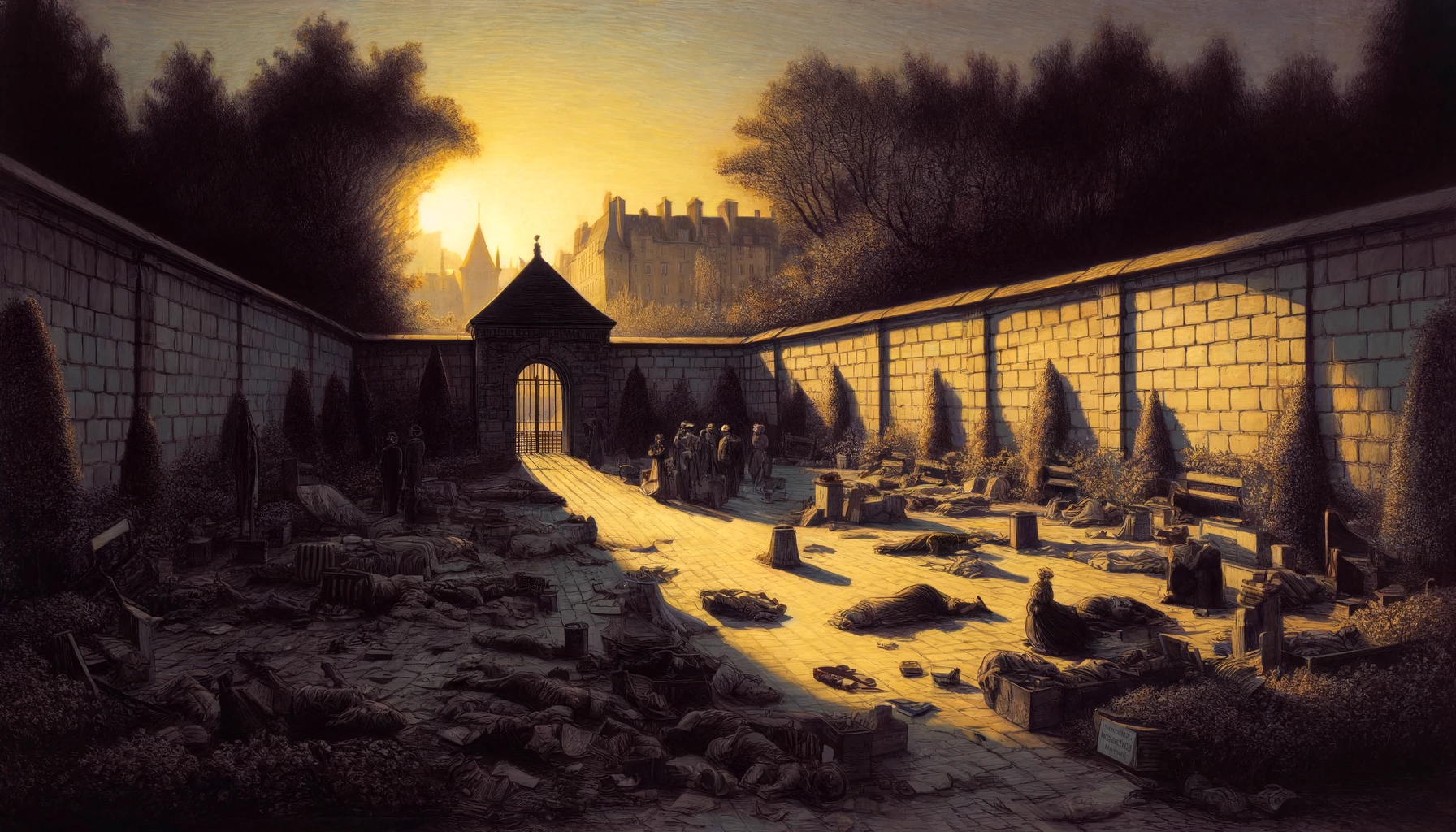Table of Contents
Jallianwala Bagh Massacre Day
April 13, 2024, marks the centenary anniversary of one of the darkest chapters in Indian history – the Jallianwala Bagh Massacre. This tragic event serves as a poignant reminder of the sacrifices made during India’s struggle for independence. As we commemorate this day, it is essential to reflect on its historical significance, causes, and lasting impact.
This incident had a profound impact on the trajectory of Indian nationalism and independence, particularly influencing Mahatma Gandhi’s steadfast commitment to the cause. It also left a lasting imprint on Indo-British relations, exposing the brutal actions of British troops led by General Dyer, who without warning, opened fire on a gathering that had been declared unlawful. Regarded as one of the most egregious atrocities of British colonial rule in India, the massacre remains a poignant reminder of the inhumanity inflicted upon the Indian populace.
Background of Jallianwala Bagh Massacre 1919
In March and April of 1919, numerous protests erupted against the Rowlatt Act. The British administration utilized various means to quell these demonstrations. On April 9, 1919, Dr. Satyapal and Dr. Saifuddin Kitchlew were ordered to be arrested by Sir Michael O’ Dwyer, the Lieutenant Governor of Punjab at that time. These two Indian nationalists, active participants in nonviolent protests, were apprehended and subsequently deported.
The arrests fueled anger among the protesters. On April 10, 1919, enraged demonstrators marched to Mr. Irwin’s residence, demanding the release of Drs. Satyapal and Saifuddin Kitchlew. Suddenly, the police opened fire on the crowd, prompting the protesters to retaliate by hurling stones and wielding lathis against the British authorities. The Jallianwala Bagh Massacre remains a contentious event in Indian history, representing one of the darkest periods of the British Raj.
Important Days in April 2024: List of National & International Days
Causes of Jallianwala Bagh Massacre 1919
The Jallianwala Bagh Massacre was triggered by several factors:
1. Rowlatt Act: The enforcement of the draconian Rowlatt Act, permitting arrest and detention without trial, infuriated the Indian population.
2. Protest Gathering: A demonstration was arranged at Jallianwala Bagh to oppose the apprehension of nationalist leaders, intensifying the already tense environment.
3. General Dyer’s Directive: General Dyer, apprehensive of a potential uprising, instructed troops to open fire on the unarmed assembly, considering it a preemptive action.
4. Absence of Warning: The gunfire commenced abruptly, catching the crowd unaware and leading to significant casualties due to the confined space.
5. Retaliatory Action: The British response was interpreted as punitive and a harsh demonstration of authority against the Indian independence movement.
History of Jallianwala Bagh Massacre 1919
The Jallianwala Bagh Massacre occurred on April 13, 1919, in Amritsar, Punjab, during the British colonial rule in India. The massacre unfolded when a peaceful gathering of thousands of Indians, including men, women, and children, convened at the Jallianwala Bagh garden to protest against the oppressive policies of the British government, particularly the Rowlatt Act. This Act had been passed to suppress dissent and curtail civil liberties in India.
Significance of Jallianwala Bagh Massacre 1919
The Jallianwala Bagh Massacre played a pivotal role in deteriorating relations between the British and Indians, serving as a defining moment that propelled Indian nationalists towards the pursuit of independence. The incident deeply shocked the nation and left a lasting impact, particularly on one of the movement’s leaders, Mohandas Gandhi, who regarded it as an intolerable injustice. Prior to the massacre, Gandhi had supported the British cause during World War I, hoping for incremental autonomy for India. However, witnessing the brutality of the Jallianwala Bagh Massacre convinced him that nothing less than complete independence would suffice. Subsequently, Gandhi initiated his first large-scale civil disobedience campaign against British oppression, adopting more assertive tactics in pursuit of India’s Independence.





 GA Capsule for SBI Clerk Mains 2025, Dow...
GA Capsule for SBI Clerk Mains 2025, Dow...
 The Hindu Review October 2022: Download ...
The Hindu Review October 2022: Download ...
 Seating Arrangement Questions for IBPS R...
Seating Arrangement Questions for IBPS R...


